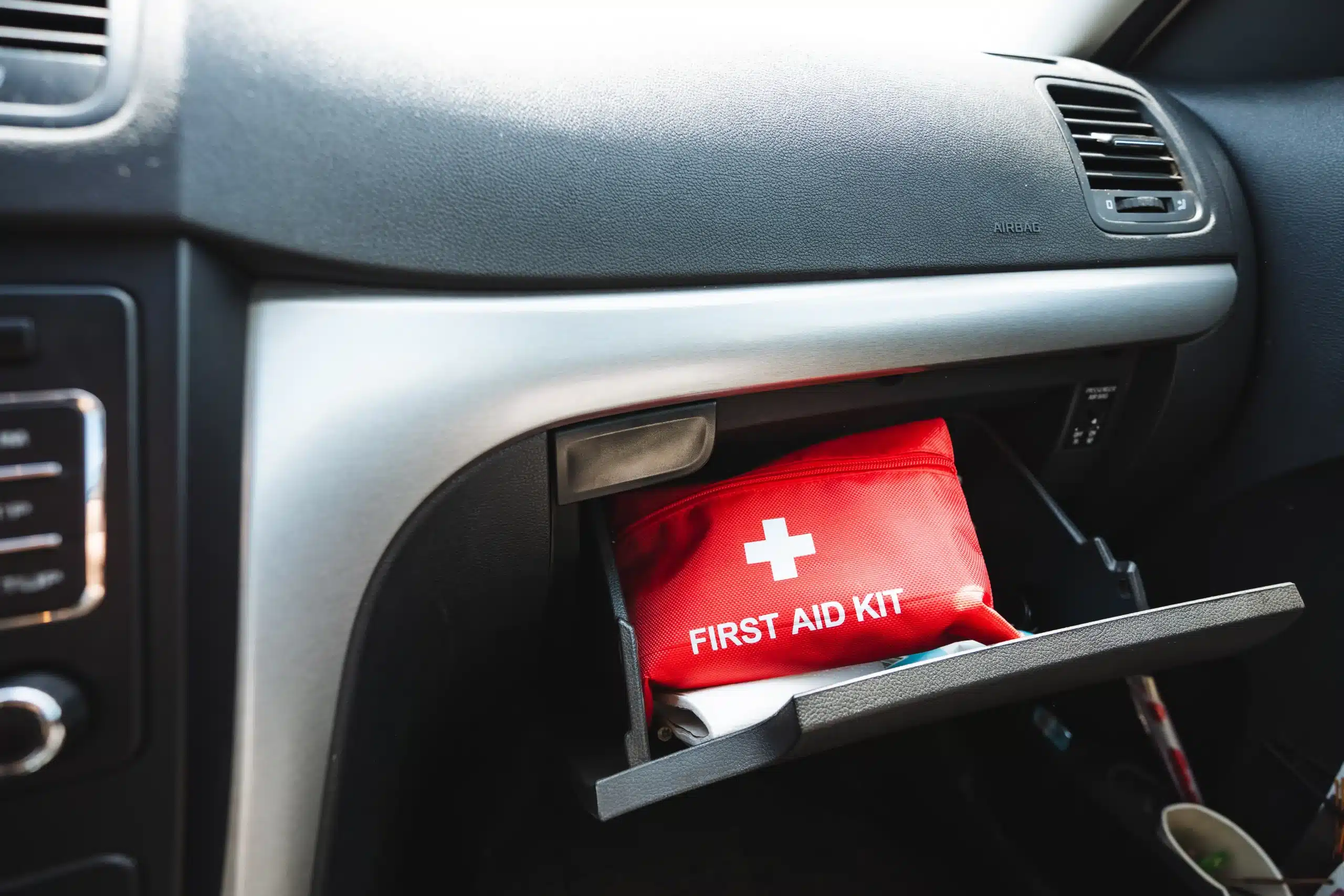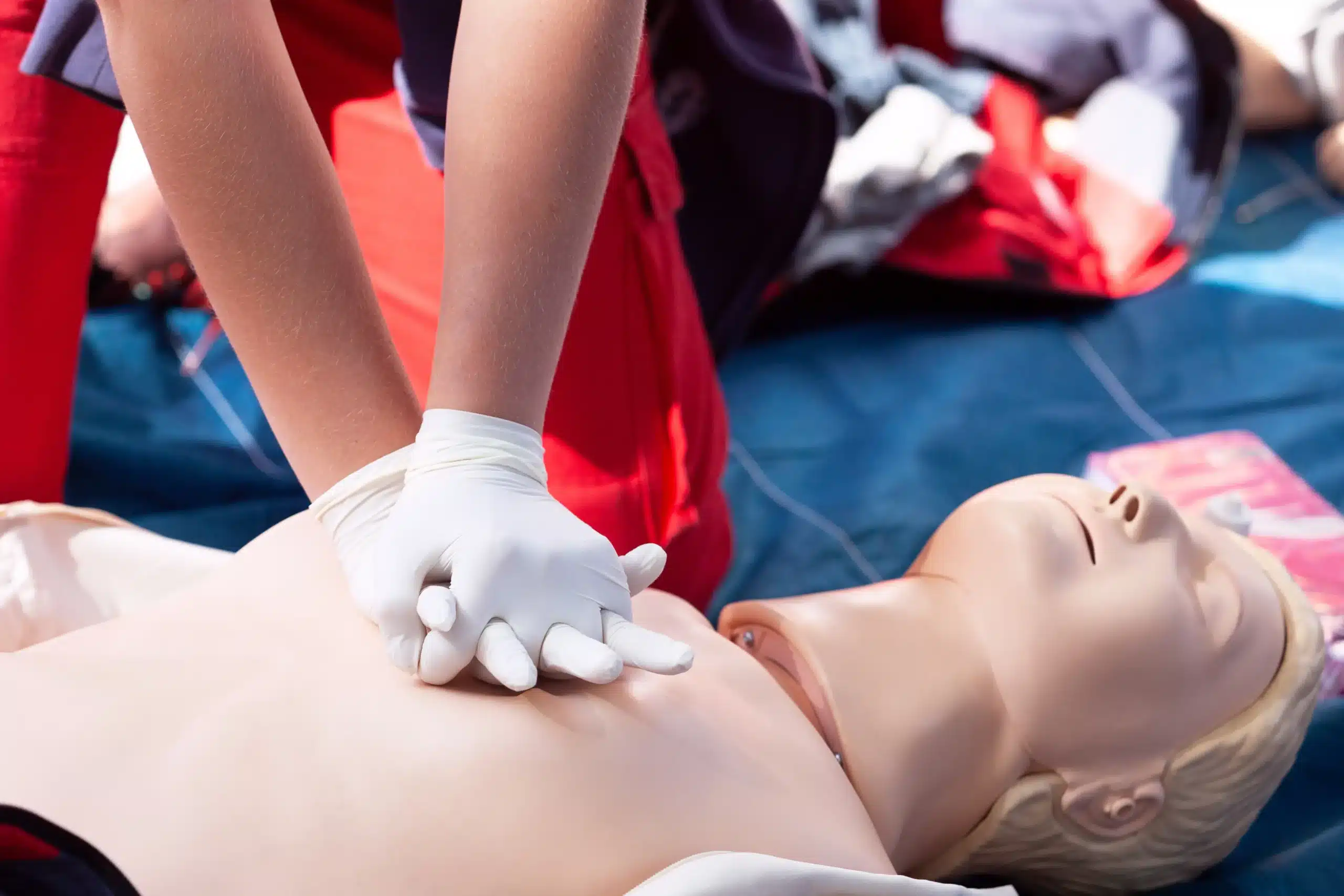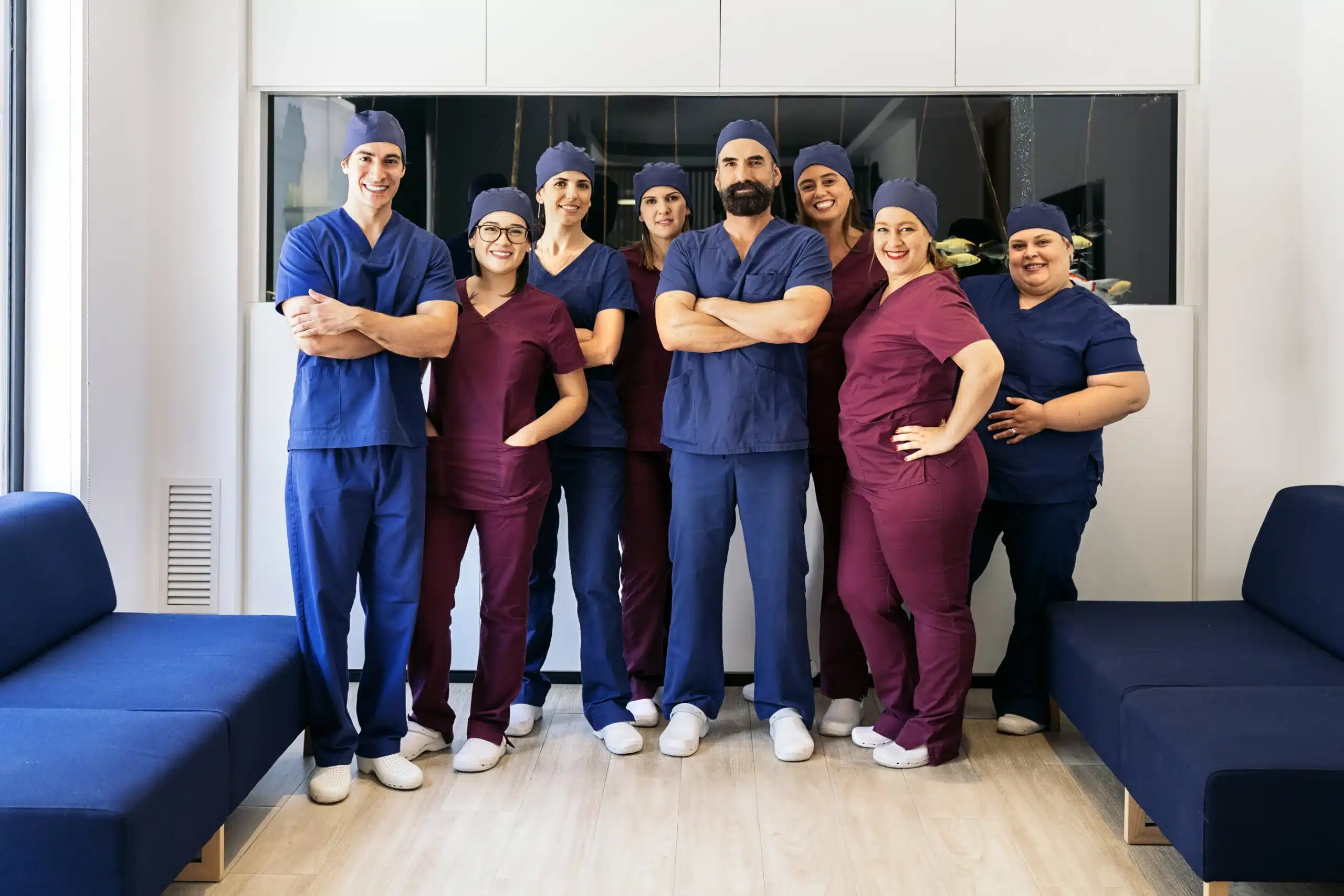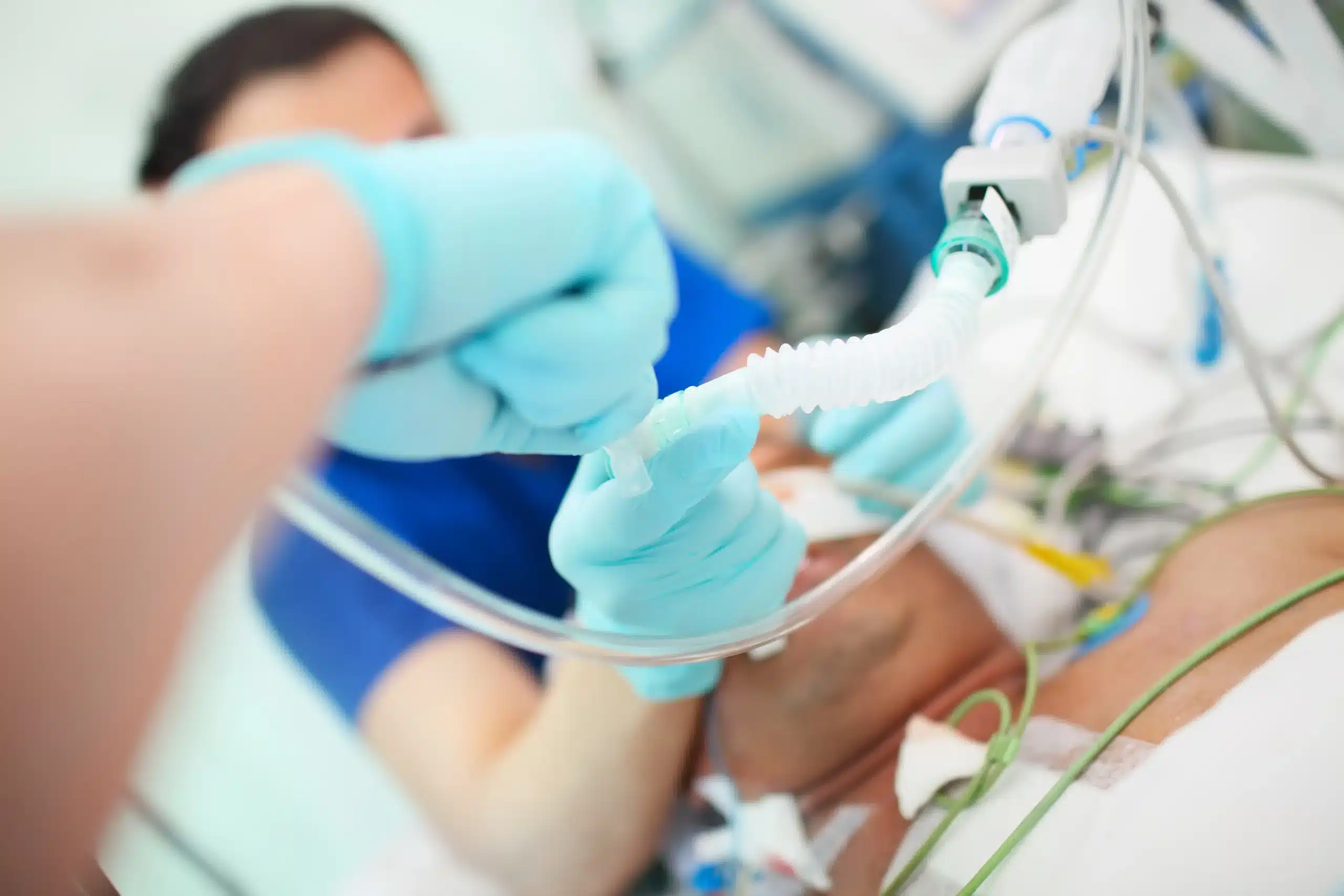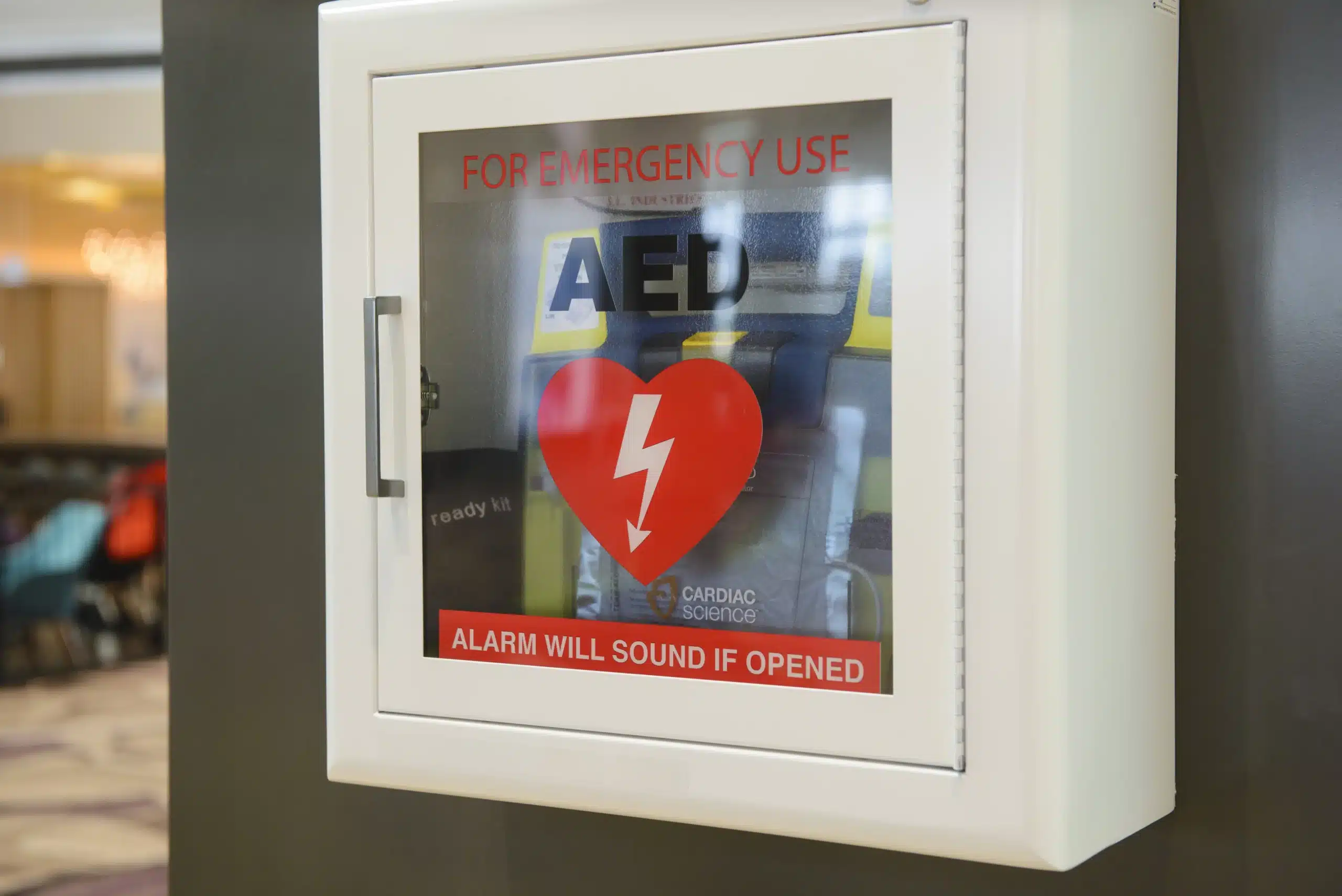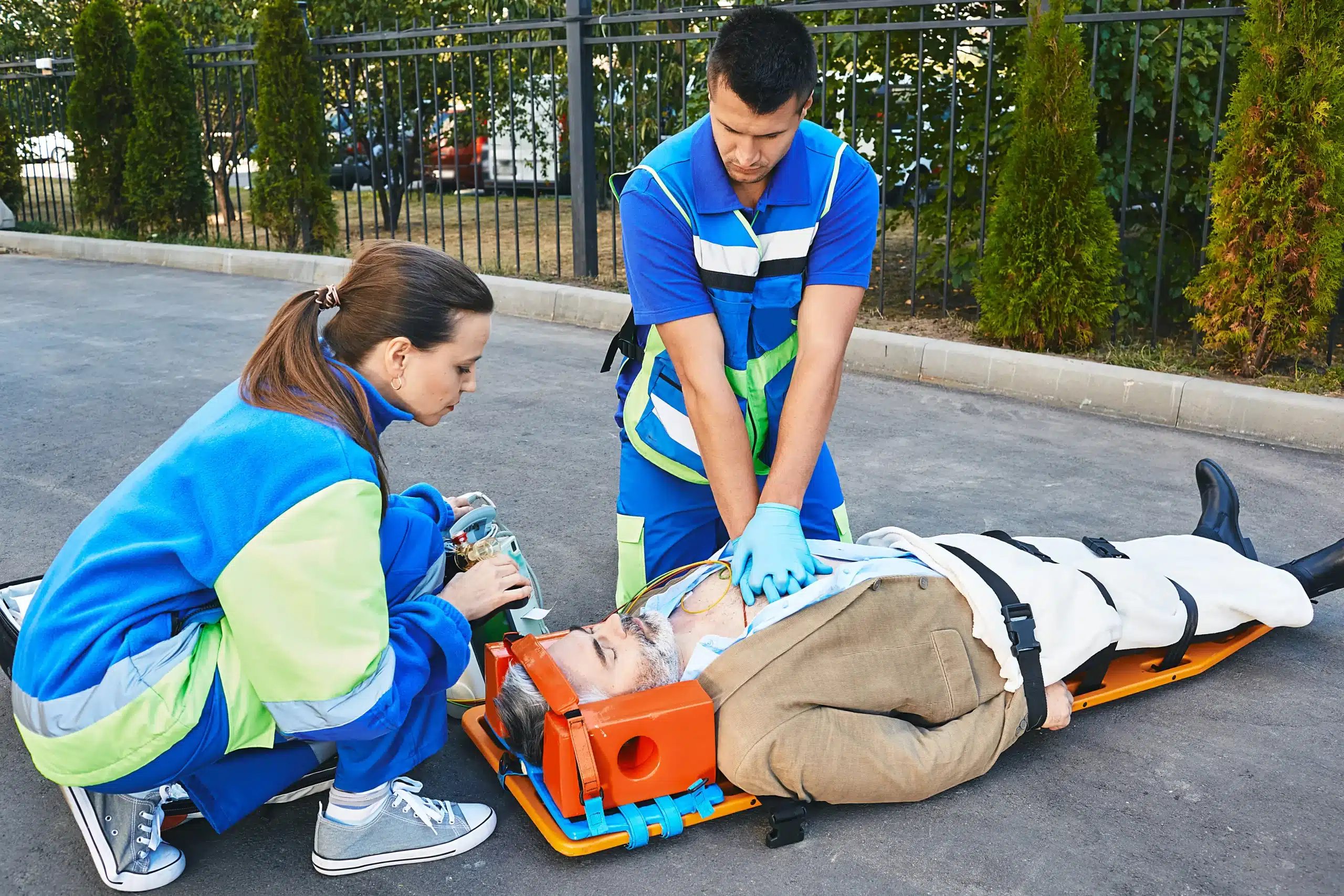Working in healthcare, you know how quickly things can change. New guidelines emerge, techniques evolve, and staying sharp is key to providing top-notch care. When it comes to Basic Life Support (BLS), those skills need to be second nature. BLS refresher courses in San Mateo offer the perfect opportunity to keep your skills honed and your confidence high. This article will explore the importance of these refreshers, where to find them in San Mateo, and what to expect from a quality course. We’ll also discuss the different formats available, from traditional classroom settings to blended learning options, so you can find the perfect fit for your schedule and learning style. Whether you’re due for recertification or simply want to brush up on your skills, BLS refresher courses in San Mateo are an investment in your career and the well-being of your patients.
Key Takeaways
- Regular BLS refreshers boost confidence: Refresher courses reinforce essential skills like CPR and AED use, giving you the confidence to act decisively in emergencies.
- Flexible options fit your schedule: Choose from in-person, blended learning, or online formats to easily fit BLS recertification into your busy life. Look for AHA-certified courses in San Mateo for quality training.
- Stay current, provide better care: Updated BLS skills and knowledge demonstrate your commitment to providing the best possible patient care. Regular recertification ensures you’re prepared to handle emergencies effectively.
What are BLS Refresher Courses?
BLS refresher courses are designed for healthcare professionals and anyone who wants to keep their life-saving skills sharp. These courses cover core techniques like CPR, using an AED, and airway management. They’re a way to stay confident in your ability to handle emergencies. Refresher courses also ensure you’re up-to-date on the latest guidelines and techniques from organizations like the American Heart Association. Regular refreshers are especially important for healthcare providers. They offer a chance to brush up on existing knowledge, learn about new advancements, and practice realistic emergency scenarios. Whether you’re a doctor, nurse, or childcare provider, maintaining your BLS skills is crucial for high-quality emergency care. These courses are offered in several formats, including convenient online and in-person options, making it easier to fit them into your schedule.
Top BLS Refresher Course Providers in San Mateo
Finding the right BLS refresher course is crucial for staying up-to-date with the latest life-saving techniques. Here’s a look at some of the leading providers in San Mateo:
Safety Training Seminars
Safety Training Seminars offers various BLS course options to fit your schedule and learning style. Conveniently located in San Mateo, they offer AHA-certified BLS courses, along with other certifications like CPR, ACLS, PALS, and First Aid. Check their website for their low price guarantee.
American Red Cross
The American Red Cross is a well-known provider of BLS certification courses. Developed by experts, their courses meet or exceed national standards and are offered in both in-person and blended learning formats (online coursework combined with in-person skills sessions). This blended learning option can be helpful for those with busy schedules.
Bay Area CPR
Bay Area CPR offers AHA-certified BLS courses and focuses on providing high-quality training for both healthcare professionals and the general public. They also offer additional certifications such as CPR, ACLS, PALS, and First Aid.
American Heart Association
While the American Heart Association provides the guidelines for BLS certification, they don’t directly offer courses. It’s important to remember that all AHA-certified BLS courses require a hands-on skills assessment, regardless of whether any portion of the course content is online. You can find AHA-certified courses through various training centers like Safety Training Seminars and Bay Area CPR.
San Mateo Medical Center
San Mateo Medical Center provides BLS training for its healthcare professionals. While their primary focus is on their staff, contacting them directly is a good idea to inquire about potential course offerings for the public.
Course Formats and Scheduling
Finding the right BLS refresher course often depends on your learning style and schedule. Thankfully, providers in San Mateo offer a range of options to fit your needs. Let’s explore the most common course formats:
In-Person Courses
In-person BLS refresher courses provide a structured learning environment with direct interaction with instructors and other healthcare professionals. These courses offer hands-on practice and immediate feedback, which can be invaluable for mastering essential skills. Providers like Safety Training Seminars in San Mateo offer in-person BLS courses that typically last around four to five hours. This dedicated training time allows for comprehensive review and skill practice. If you thrive in a traditional classroom setting and value face-to-face instruction, in-person training might be the best choice.
Online and Blended Learning
For those seeking more flexibility, online and blended learning options are increasingly popular. Blended learning combines online modules with in-person skills sessions. This format allows you to study the theoretical aspects of BLS at your own pace, then demonstrate your skills in a practical setting. The American Red Cross, for example, offers blended learning BLS courses that combine online coursework with a shorter in-person skills session. This hybrid approach can be a great option for busy professionals or those who prefer a more independent learning style. Fully online courses may also be available, but keep in mind that BLS certification requires a hands-on skills assessment. Even with online coursework, you’ll still need to schedule an in-person skills check.
Flexible Scheduling
Many training providers understand the demands of healthcare professionals and offer flexible scheduling to accommodate various needs. Safety Training Seminars, for instance, provides daily classes, giving you more choices to find a time that works with your schedule. Whether you prefer weekday evenings, weekends, or even daytime sessions, you can likely find a course that fits your availability. This flexibility ensures you can maintain your BLS certification without major disruptions to your work or personal life. When choosing a provider, check their website or contact them directly to inquire about specific scheduling options.
What to Expect in a BLS Refresher Course
A BLS refresher course isn’t simply a repeat of the initial training. It’s designed to reinforce your skills, introduce updated guidelines, and ensure you’re prepared to handle real-world emergencies. Here’s a breakdown of what you can expect:
Updated Content and Guidelines
Medical knowledge and best practices are constantly evolving. Refresher courses incorporate the latest guidelines from organizations like the American Heart Association, ensuring your techniques are up-to-date and effective. These courses cover new advancements and reinforce essential concepts. Expect a review of high-quality CPR, including chest compressions, rescue breaths, and using automated external defibrillators (AEDs). You’ll also cover current protocols for managing airways, recognizing signs of cardiac arrest, and providing effective team-based resuscitation. For example, recent updates emphasize the importance of high-quality chest compressions and minimizing interruptions during CPR.
Hands-on Practice
BLS skills require more than just theoretical knowledge. In-person BLS courses provide crucial hands-on training. You’ll practice essential skills, like chest compressions and rescue breaths, in a controlled environment. This practical experience builds muscle memory and confidence, allowing you to react swiftly and efficiently in a real emergency. You’ll work with training manikins and equipment, simulating various emergency scenarios to solidify your skills and prepare you for diverse situations. For instance, you might practice responding to a simulated cardiac arrest scenario, working with a team to provide coordinated care.
Assessment and Certification
Most BLS refresher courses include an assessment to evaluate your understanding and practical skills. This typically involves a written exam and a skills demonstration. Successfully completing both components confirms your competency and qualifies you for renewed BLS certification. This certification demonstrates your commitment to providing high-quality patient care and is often a requirement for healthcare professionals. You’ll receive an updated certification card, typically valid for two years, demonstrating your BLS proficiency. This ensures your skills are current and recognized within the healthcare community.
Cost and Value of BLS Refresher Courses
Getting recertified in BLS is an investment in your skills and career. It’s important to find a course that fits your budget without compromising quality. This section breaks down the costs associated with BLS refresher courses in San Mateo and highlights ways to find affordable, high-quality training.
San Mateo Pricing Comparison
In San Mateo, the average cost for initial BLS certification is around $90, while renewal courses are typically around $60. This price difference reflects the concise nature of refresher courses, which focus on reinforcing existing knowledge rather than teaching new material. Remember that prices can vary between providers, so comparing options is always smart.
Discounts and Offers
Many training providers offer discounts to make their courses more accessible. These can include discounts for group registrations, students, military personnel, or returning customers. Look for seasonal promotions or special offers, often found on a provider’s website or social media channels.
Low-Price Guarantees
A low-price guarantee ensures you’re getting the best possible value for your training. Providers like Safety Training Seminars offer this guarantee, giving you confidence that you won’t find the same quality training at a lower price. If you do, they’ll often match or beat it. This can be a significant advantage when budgeting for your BLS recertification. A low-price guarantee demonstrates a commitment to providing affordable, high-quality training, making it easier for healthcare professionals to maintain their crucial life-saving skills.
Enrollment Requirements and Prerequisites
Before signing up for a BLS refresher course, it’s helpful to understand the requirements. Knowing the prerequisites and what to expect will make the process smoother.
Current BLS Certification
The main prerequisite for a BLS refresher is holding a current Basic Life Support (BLS) certification. You’ll need to present proof of this when you enroll. Keep in mind that the American Heart Association (AHA) requires participants to retake the full BLS course and pass the exam, even for renewals. This ensures everyone stays up-to-date on the latest life support practices and guidelines. For a deeper dive into recertification, check out this helpful guide.
Age and Professional Requirements
BLS courses primarily cater to healthcare professionals who need to demonstrate competency in Basic Life Support. While specific age requirements can vary, these courses are designed for individuals working or planning to work in healthcare. This training equips them to handle life-threatening emergencies, a crucial skill for anyone in the medical field. The importance of BLS training for healthcare professionals is well documented.
Required Materials
While your BLS refresher course will likely provide the necessary training equipment, it’s good to know what’s typically used. Instructors often use materials like course rosters, agendas, lesson plans, skills checklists, and various exam versions. They also rely on resources like the BLS Instructor Manual and the BLS Provider Manual. For hands-on practice, you’ll encounter equipment like AED trainers, manikins, and pocket masks. The American Heart Association provides a comprehensive list of the essential equipment.
Choosing the Right BLS Refresher Course
Finding the right BLS refresher course means looking at a few key things to make sure you’re getting top-notch training. This will give you the confidence and skills to handle emergencies effectively. Here’s what to consider:
Accreditation and Certification
First, check the program’s credentials. Look for courses certified by reputable organizations like the American Heart Association (AHA). For example, Safety Training Seminars offers AHA-certified BLS courses, so you know your training follows established guidelines and will be recognized by healthcare employers and other providers. The American Red Cross also offers a solid BLS certification program. This accreditation confirms the course content meets and often exceeds national standards.
Instructor Qualifications
Your instructor’s expertise is a big part of how much you’ll learn. They should have a current BLS for Healthcare Providers certification (or something equivalent) and regularly take refresher courses themselves to stay up-to-date. This shows their commitment to best practices and ensures they can effectively teach these life-saving techniques. Hands-on training and practice are key for mastering BLS, which is why your instructor’s experience matters so much.
Facility and Equipment
Don’t forget to check out the training facility and equipment. A quality BLS refresher course should provide all the essential equipment: AED trainers, adult and pediatric pads, manikins of different ages (adult, child, and infant), pocket masks, and bag-mask devices. The AHA’s BLS equipment list is a good resource to see what a well-equipped training environment should have. Having access to this equipment lets you run through realistic scenarios and get hands-on practice, which really solidifies the skills you’re learning.
Benefits of BLS Recertification
Getting recertified in Basic Life Support (BLS) isn’t just about checking a box—it’s about ensuring you’re truly prepared to help in a crisis. Whether you’re a seasoned healthcare professional or new to the field, staying up-to-date on BLS is crucial for providing effective, high-quality care. Here’s why:
Increased Confidence in Emergencies
Think about how you’d feel responding to a real-life emergency. Would you hesitate? Would you second-guess yourself? A BLS refresher course equips you with the skills and knowledge to act decisively and confidently under pressure. It reinforces the core life-saving procedures, like CPR, AED use, and airway management, so you can respond effectively when every second counts. This confidence not only benefits the person receiving care but also reduces your own stress and anxiety during critical situations. Solid training empowers you to take charge and make a real difference.
Updated Knowledge
Medical guidelines and best practices are constantly evolving. BLS recertification ensures your knowledge aligns with the latest recommendations from organizations like the American Heart Association. Refresher courses cover any updates to protocols and introduce new techniques or technologies, keeping your skills sharp and relevant. This commitment to staying current demonstrates your dedication to providing the best possible care and strengthens your professional credibility.
Improved Team Coordination
In many emergency situations, teamwork is essential. BLS recertification reinforces the importance of clear communication and coordinated efforts during a crisis. Refresher courses often include simulations and scenarios that require teamwork, allowing you to practice these skills in a safe environment. This helps build trust and efficiency within your team, leading to better outcomes for patients. Regular CPR training ensures everyone is on the same page and working together seamlessly when it matters most.
How to Get Started with Your BLS Refresher in San Mateo
Getting your BLS recertification in San Mateo is straightforward. Here’s a step-by-step guide to help you through the process:
Steps to Enroll
-
Course Options: Safety Training Seminars offers a variety of BLS course options to fit your needs and learning style. You can choose from several formats, including in-person classes and blended learning. This flexibility allows you to select the course that best suits your schedule and preferences. Check out their BLS course options to see what’s available.
-
Convenient Scheduling: They offer daily classes to accommodate various schedules, making it easier to fit the training into your busy life.
-
Registration Process: Visit the Safety Training Seminars website or give them a call to register for a course. The process is simple and designed to get you started quickly. They also have a low price guarantee, so you can be confident you’re getting a good value.
Preparing for Training
-
Pre-Course Materials: Some BLS providers offer online resources or pre-course videos. Engaging with these materials can refresh your knowledge and enhance your understanding before class.
-
Equipment Requirements: BLS training equips you with essential life-saving skills, from CPR and AED use to airway management. While providers typically supply the necessary equipment during training, reviewing these tools beforehand can boost your confidence.
Maximizing Your Recertification
-
Hands-On Practice: BLS recertification emphasizes hands-on training. Actively participating and practicing your skills is crucial for effective learning and retention. This practical experience will build your confidence and prepare you to respond effectively in real-life emergencies.
-
Regular Refresher Courses: Regular refresher courses are essential to ensure your life-saving skills remain sharp. Staying updated with the latest guidelines and techniques is critical for providing the best possible care. Consider setting reminders to recertify on time and maintain your BLS certification.
Maintaining Your BLS Certification
Once you’ve earned your BLS certification, staying current is essential. This section covers renewals, continuing education, and the general importance of staying up-to-date in healthcare.
Renewal and Reminders
BLS certification is valid for two years. It’s easy to let it lapse, so set reminders as your expiration date approaches. Renewal courses are available for those whose certifications are expiring soon, typically within 30 days. Safety Training Seminars offers BLS renewal courses in San Mateo, making recertification convenient.
Continuing Education
Even if your certification isn’t up for renewal yet, consider taking advantage of continuing education opportunities. BLS refresher courses help healthcare professionals brush up on their skills and learn about any advancements in life-saving techniques. These courses often include practice scenarios that mimic real emergencies, increasing your confidence and preparedness.
Staying Current in Healthcare
Healthcare is constantly evolving. Regular refresher courses ensure your skills remain sharp and align with current guidelines. This commitment to ongoing learning benefits both practitioners and their patients. Staying informed about the latest recommendations from organizations like the American Heart Association is crucial for providing the best possible care.
Related Articles
- BLS Classes Near Me: Your Complete Guide – San Mateo CPR Classes
- BLS Recertification Near Me: A Complete Guide – San Mateo CPR Classes
- BLS Renewal in Daly City: Your Simple Guide – San Mateo CPR Classes
- BLS Training Near Me: A Practical Guide – San Mateo CPR Classes
- BLS Certification Near Me: Your Complete Guide – San Mateo CPR Classes
Frequently Asked Questions
How often do I need to renew my BLS certification? BLS certification is typically valid for two years. It’s a good idea to mark your calendar or set reminders so you know when it’s time to recertify. Many providers offer renewal courses specifically designed for those whose certifications are about to expire.
What if my BLS certification has already expired? If your certification has lapsed, you’ll likely need to retake the full BLS course rather than just a refresher. Check with your preferred training provider to confirm their specific requirements. They can guide you through the recertification process and help you get back on track.
What’s the difference between BLS and CPR certification? BLS (Basic Life Support) is a broader term that encompasses CPR (Cardiopulmonary Resuscitation) but also includes other life-saving techniques like using an AED and managing airways. BLS certification is generally required for healthcare providers, while CPR certification is often sufficient for other professions or personal knowledge.
Are online BLS refresher courses available? Yes, some providers offer online or blended learning options, which combine online coursework with an in-person skills assessment. Remember that all BLS certifications require a hands-on skills check, even if part of the course is online.
How can I find affordable BLS refresher courses in San Mateo? Many training centers offer discounts for group registrations, students, or returning customers. Some providers, like Safety Training Seminars, also have low-price guarantees, ensuring you get the best value for your training. Comparing prices and checking for discounts can help you find a high-quality course that fits your budget.
